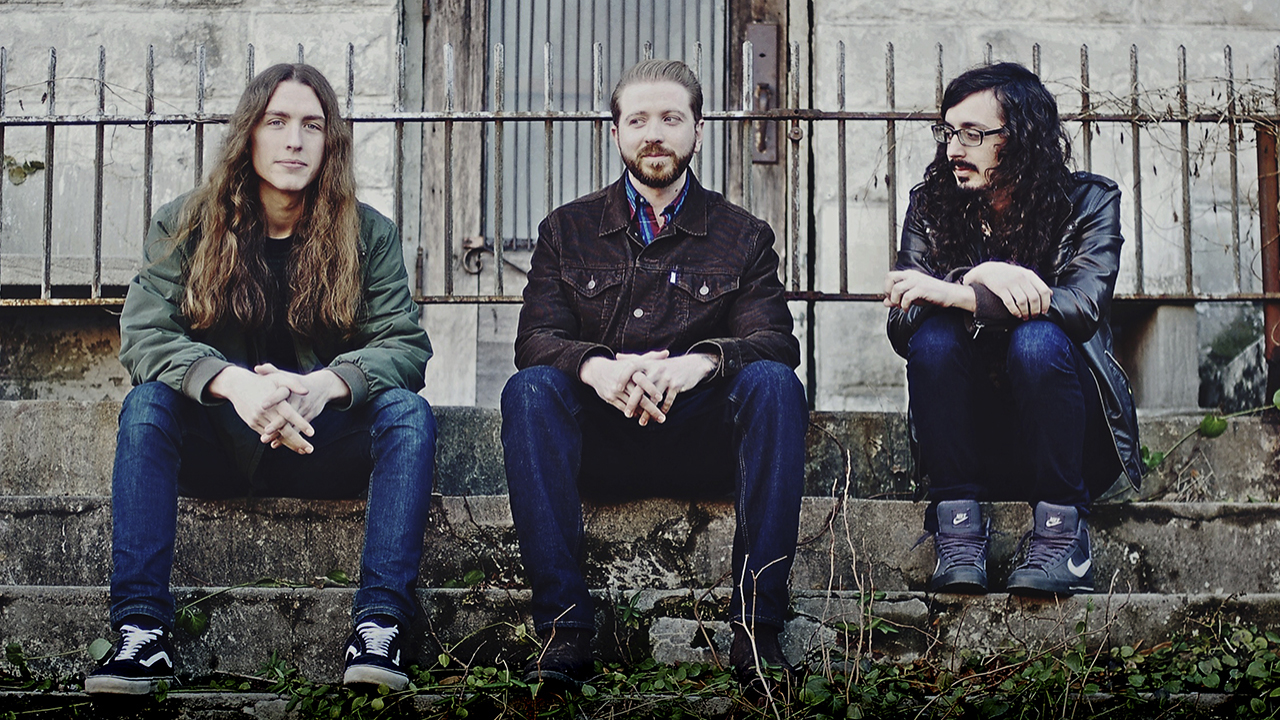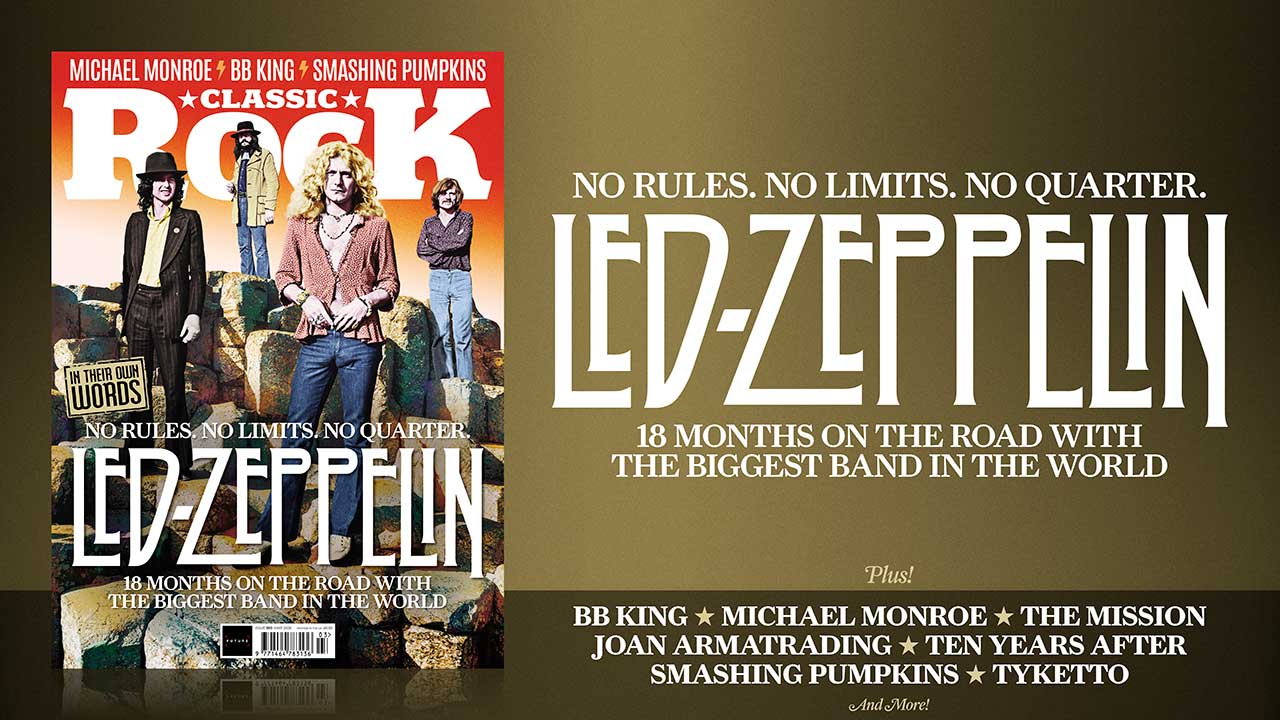High Hopes: Dirty Streets
After dog bites, dive bars and jailed drummers, the Memphis blues-rockers have hit paydirt.

Justin Toland is channelling a higher power. “As a band, we’ve always just been able to tap into something,” considers the Dirty Streets frontman of his songwriting approach.
“It’s something you can’t explain, but there’s a magical, mysterious thing out there. You don’t ever see it. You can’t grab it or hold onto it. But you’re always trying to follow it. On White Horse, it felt like we were trying to tap into something that was already there, y’know?”
With this third album, the Memphis trio have plucked their best set of songs from the ether, and drawn a line under hardships suffered since their formation in 2007. “We couldn’t find anyone to play with,” recalls Toland. “We had drummers come in and out: one got arrested for stealing a car radio. There was no scene, so we were playing dive bars with punk bands. You’d bomb a lot. But you have nothing to lose. And through that, you develop.”
White Horse is the proof. Despite brown-acid sleeve art, the album is built on solid foundations, offering 11 psych-tinged blues-rock thumpers that will have critics readying that ‘next Zeppelin’ tag, even if the trio’s influences spread far wider. “I met Thomas [Storz, bass] ten years ago,” recalls Toland, “and our first conversations were about RL Burnside, Muddy Waters and Creedence Clearwater Revival. For this album, I was listening to early Funkadelic. I feel like no-one has tapped into that kind of heavy. And when you listen to Slim Harpo, it’s heavy to me. It’s the feel, the groove, it makes you feel good, but at the same time, it hurts you.
“We never had the goal to be a retro act or a throwback,” he stresses. “And part of the reason we’ve been able to avoid being a gimmicky kind of band is that we listen to what bands in the 50s and 60s listened to as well [as the 70s]. And being around Memphis and Mississippi, that music soaks in.”
As for the lyrics, Toland found himself broaching both the frivolous and weighty. “Good Pills is about the experience of being bitten by a dog and taking painkillers,” he explains. “I started thinking about the concept of certain pills being ‘good’, but drugs being ‘bad’. Y’know, people thinking psychedelics are for crazy people, but pills prescribed by a doctor are fine.
“With Dust,” he counters, “I’d been contemplating my existence in the universe. That’s what the song is about: which things last forever and which don’t. When I See My Light is about death, but not in a depressing way. It’s important to think about mortality, because it puts things in perspective as far as how you live.”
Sign up below to get the latest from Classic Rock, plus exclusive special offers, direct to your inbox!
Death or glory, Dirty Streets are bound to the road ahead. “There have been hard moments,” admits Toland. “Tours that got cancelled, or seven shows in a row where nobody was there. But everyone in this band knows this is where they need to be. I’ve never felt a time when anyone doubted what we were doing.”
FOR FANS OF: Humble Pie
“Our sound comes from funk and soul-oriented bands. We’re all big fans of Stax, The M.G.s and The Meters. In the early days, we listened to the Faces and Stones. And we’re all huge Small Faces and Humble Pie fans. Thunderbox was the first record we all got. My all-time top Humble Pie record is the live Performance: Rockin’ The Fillmore.”
Henry Yates has been a freelance journalist since 2002 and written about music for titles including The Guardian, The Telegraph, NME, Classic Rock, Guitarist, Total Guitar and Metal Hammer. He is the author of Walter Trout's official biography, Rescued From Reality, a music pundit on Times Radio and BBC TV, and an interviewer who has spoken to Brian May, Jimmy Page, Ozzy Osbourne, Ronnie Wood, Dave Grohl, Marilyn Manson, Kiefer Sutherland and many more.

